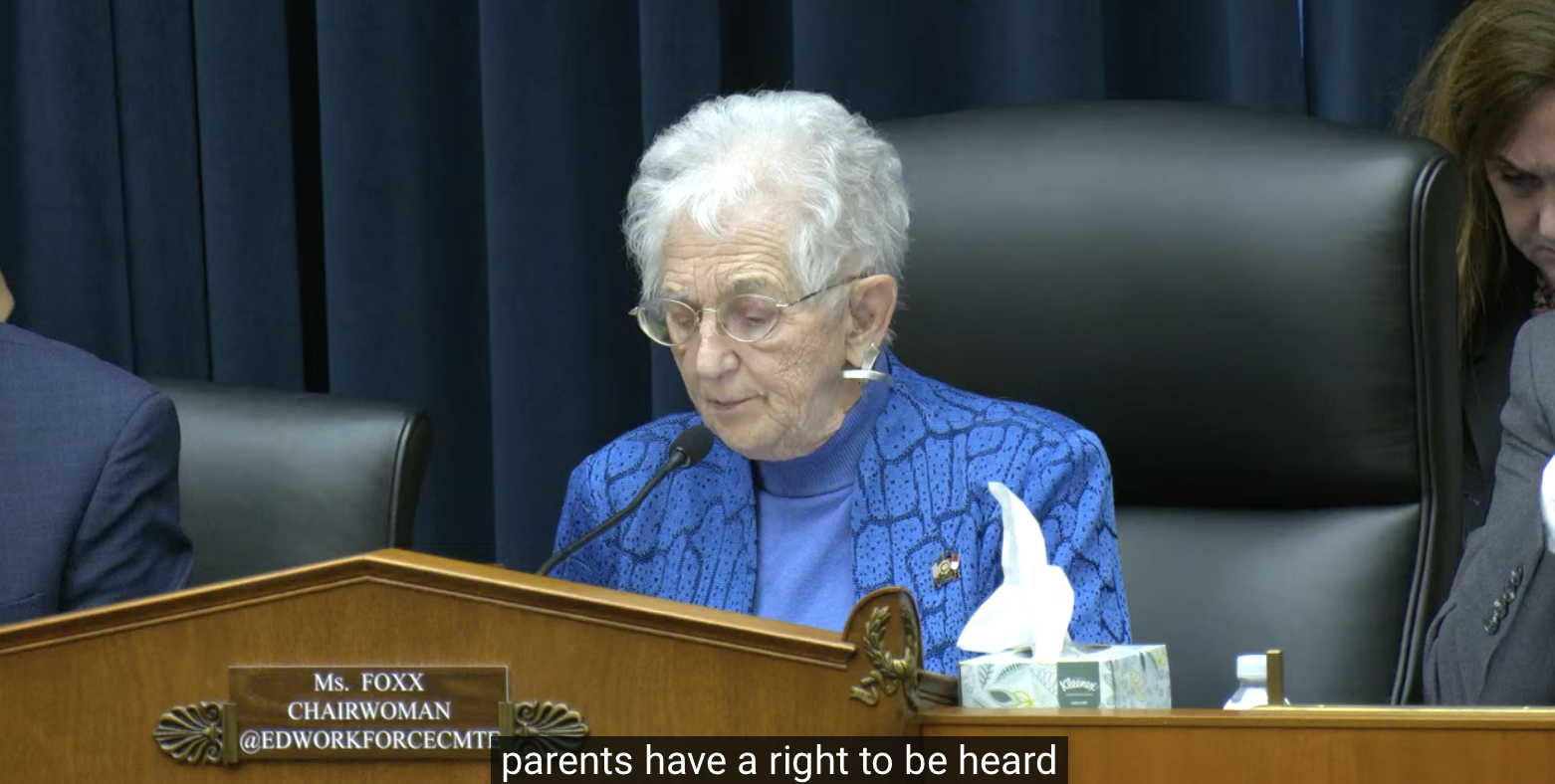The House Committee on Rules convened on July 14, 2023, at 4 p.m. ET to discuss significant legislative measures related to digital assets and appropriations. Four key bills were on the agenda, including the Anti-CBDC Surveillance State Act, which aims to address concerns regarding central bank digital currencies (CBDCs) and privacy issues.
Legislation Under Review
Among the measures discussed, H.R. 1919 focuses on preventing the establishment of a surveillance state in connection with CBDCs. Proponents argue that this legislation is essential for safeguarding individual privacy rights. The committee also examined H.R. 3633, known as the Digital Asset Market Clarity Act of 2025, which is designed to provide clearer regulatory guidelines for digital assets, aiming to foster innovation while ensuring consumer protection.
Additionally, the committee reviewed S. 1582, the Guiding and Establishing National Innovation for U.S. Stablecoins Act, which seeks to create a framework for the regulation of stablecoins, a type of digital currency pegged to traditional assets. This act is intended to promote stability in the burgeoning digital currency sector.
The final item on the agenda was H.R. 4016, the Department of Defense Appropriations Act for 2026, which outlines funding priorities for the Department of Defense. This legislation is crucial for ensuring the continued support and readiness of the U.S. military.
Implications of the Meeting
The discussions held by the House Committee on Rules highlight the ongoing efforts by U.S. lawmakers to address the complexities of digital currencies and their potential impact on the economy and individual freedoms. As the digital asset market continues to grow, regulatory clarity will be vital in shaping its future.
These legislative measures reflect a broader trend in U.S. politics, where technology and privacy concerns are increasingly at the forefront of policy discussions. The outcomes of these bills may set significant precedents for how digital assets are treated under U.S. law, influencing both domestic and international markets.
The committee’s meeting represents an important step in the legislative process, with potential repercussions for various stakeholders, including consumers, businesses, and government entities. As the U.S. navigates the intersection of technology and regulation, the implications of these discussions will likely continue to unfold in the coming months.
